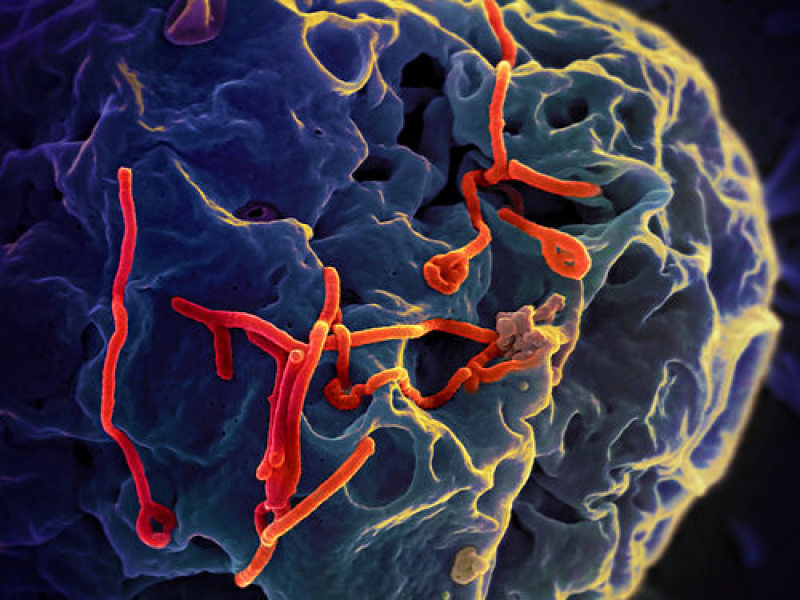
Switzerland's University of Geneva Hospital suspended the clinical testing of an Ebola vaccine after the volunteers experienced painful side-effects, BBC reported.
According to the hospital's officials, four out of the 59 test subjects complained about pains in the joints of their hands and feet after receiving the vaccine.
A statement from the hospital noted that the conditions of the four volunteers are stable and they have been placed under the supervision of medical teams.
"They are all fine and being monitored regularly by the medical team leading the study," the statement read.
The vaccine used by the Geneva Hospital for its human trials was developed by NewLink Genetics. It was then purchased by American pharmaceutical firm Merck & Co. Inc. in November for $50 million, according to Financial Times.
The clinical testing began on Nov. 10. A team of researchers from Switzerland said the trials will resume on Jan. 5, 2015 to give doctors enough time to ensure that the joint pains are temporary. Once the trials resume, the hospita will reducel the test subjects to 15 volunteers.
"The Geneva team has decided to allow time to understand what is happening," the researchers said in a statement. "This precaution of momentarily suspending the trial is habitual and classic in all clinical trials."
After learning about the temporary stoppage of the trials, Merck issued a statement to clarify that the side-effects experienced by the volunteers in the Geneva Hospital did not manifest in the similar tests being held in facilities in Germany, U.S., Kenya and Gabon.
"We are aware that a Phase I study being conducted by the University Hospitals of Geneva site has been placed on a temporary hold as a precautionary measure, following the occurrence of transient complaints of joint pain in small number of study volunteers receiving higher dose levels of the vaccine," a spokesperson from the company stated.
"These events have not been reported at any of the other clinical sites," the representative added. "It is not known at this time whether these events are related to the vaccine or not."
Aside from Merck, United Kingdom.-based pharmaceutical company GlaxoSmithKline is also conducting trials with its own vaccine in cooperation with the United States National Institute of Allergy and Infectious Diseases.



















